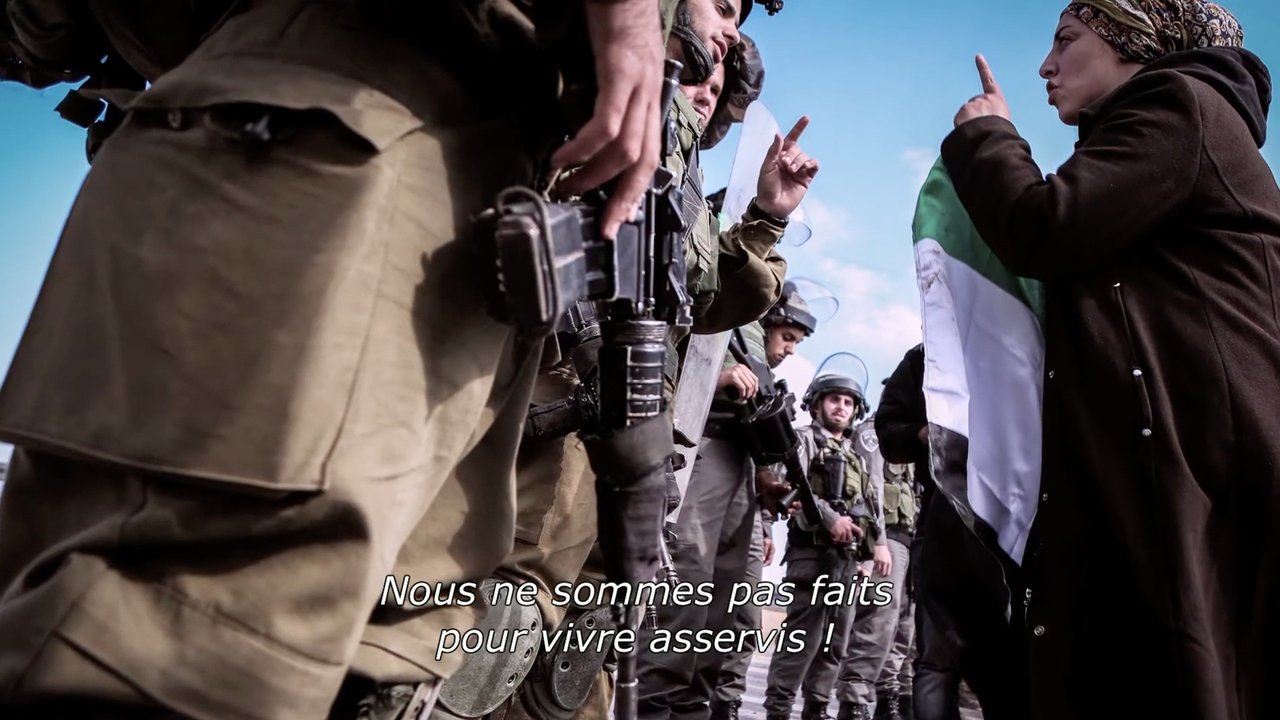

Similar to Beyond the Frontlines: Resistance and Resilience in Palestine
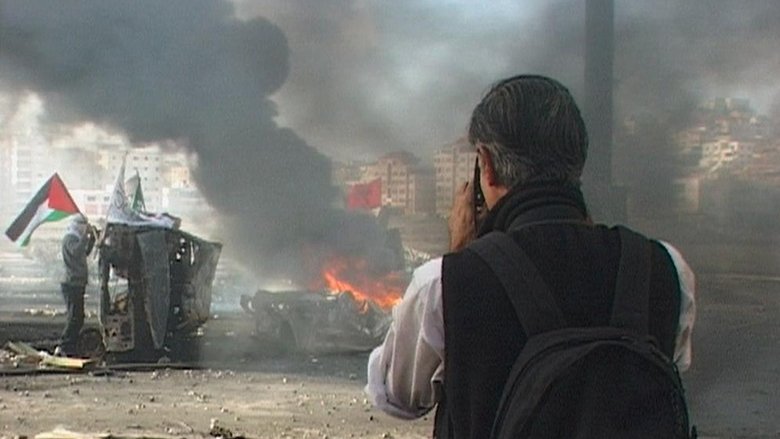
War Photographer (2001)
Documentary about war photographer James Nachtwey, considered by many the greatest war photographer ever.
A Story from Africa (2019)
Following the 1884–85 Berlin Conference resolution on the partition of Africa, the Portuguese army uses a talented ensign to register the effective occupation of the territory belonging to the Cuamato people, conquered in 1907, in the south of Angola. A STORY FROM AFRICA enlivens a rarely seen photographic archive through the tragic tale of Calipalula, the Cuamato nobleman essential to the unfolding of events in this Portuguese pacification campaign.
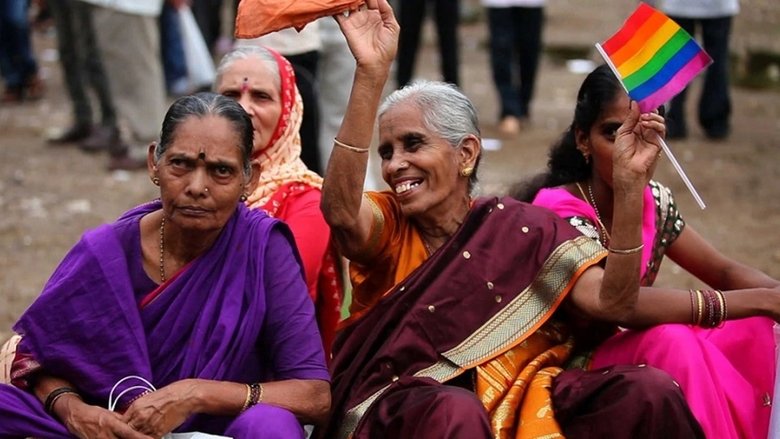
365 Without 377 (2011)
Imposed under the British colonial rule in 1860, Section 377 of the Indian Penal Code criminalise any sexual acts between consenting adults of the same sex, stigmatising them as 'against the order of nature'. On July 2, 2009 the Delhi High Court passed a landmark judgment scrapping this clause, thus fulfilling the most basic demand of the Indian LGBTQ community, which had been fighting this law for the past 10 years. Three characters, Beena, Pallav and Abheena travel through the city of Bombay heading to the celebrations for the first anniversary of the historic verdict. '365 without 377' is the story of their journey towards freedom.
Natural Born Settlers (2019)
A self-described liberal from cosmopolitan Tel Aviv, Zaki wanted to get behind the politics of Israel’s controversial settlements in the occupied territories — so she moved there, temporarily, setting up an improvised cafe where she could chat with settlers from her own generation.
Una identidad en absurdo Vol. 1 (2011)
Guillermo Gómez Álvarez explores the identity politics of Puerto Rico via archival footage from various sources that clash with nine original songs from local independent musicians and a thematic analysis from a psychoanalyst and a historian. From the juxtaposition the absurd becomes coherent and the coherent becomes absurd as Puerto Rican identity is defined and rejected almost simultaneously.
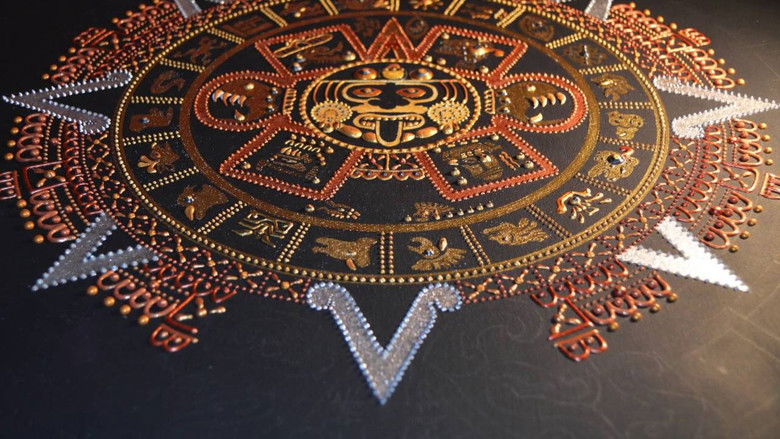
Montezuma (2009)
Montezuma is a 2009 BBC Television documentary film in which Dan Snow examines the reign of the Aztec Emperor Moctezuma II.
The Palestinians (1975)
Shot in Lebanon in 1975 just before the civil war. The director delivers a nuanced account of the complexities surrounding the Palestinian issue.
On Borders (2002)
In this documentary road movie, filmmaker Danielle Arbid tries to conjure up an image of the country that is called Israel or Palestine.
Memory of the Cactus (2008)
A 42 minute documentary film that combines the cactus and the memories it stands for. The film addresses the story of the destruction of the Palestinian villages of Latroun in the Occupied West Bank and the forcible transfer of their civilian population in 1967. Over 40 years later, the Israeli occupation continues, and villagers remain displaced. The film follows two separate but parallel journeys. Aisha Um Najeh takes us down the painful road that Palestinians have been forcefully pushed down, separating them in time and place from the land they nurtured; while Israelis walk freely through that land, enjoying its fruits. The stems of the cactus, however, take a few of them to discover the reality of the crime committed.
Negotiating Amnesia (2015)
Negotiating Amnesia is an essay film based on research conducted at the Alinari Archive and the National Library in Florence. It focuses on the Ethiopian War of 1935-36 and the legacy of the fascist, imperial drive in Italy. Through interviews, archival images and the analysis of high-school textbooks employed in Italy since 1946, the film shifts through different historical and personal anecdotes, modes and technologies of representation.
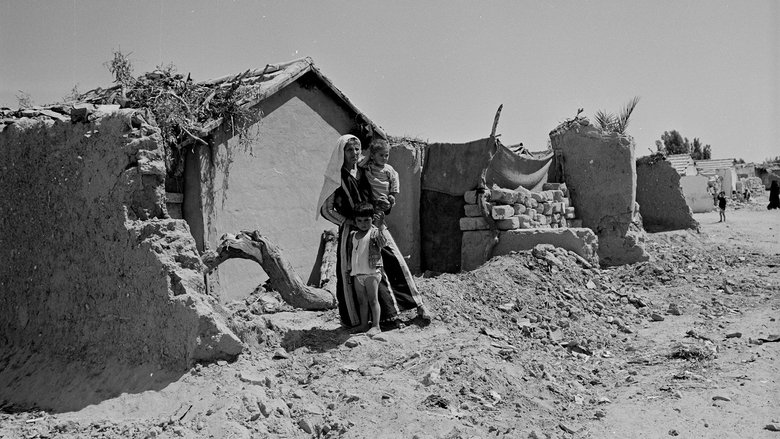
Occupation 101: Voices of the Silenced Majority (2006)
A thought-provoking documentary on the current and historical causes of the Israeli-Palestinian conflict and U.S. political involvement.
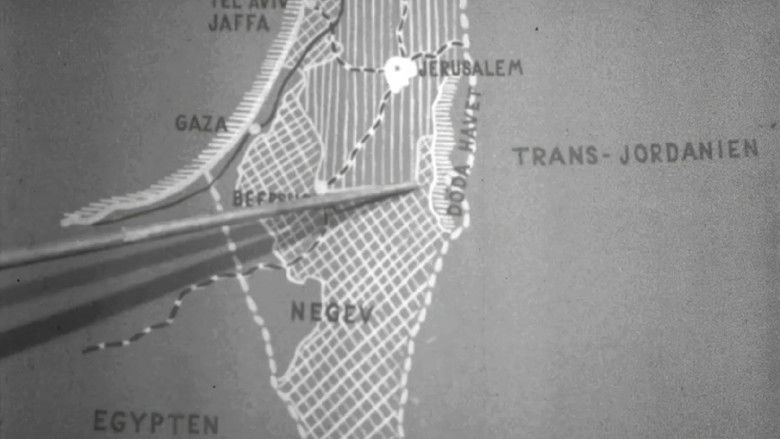
Israel Palestine on Swedish TV 1958-1989 (2024)
In the years 1958 – 1989, public service monopolies prevailed in Sweden and SVT's reporting from Israel and Palestine was unique. Their reporters were constantly on site in the war-torn area, documenting everything from everyday stories to major international crises. This extensive material is the basis for archivist Göran Hugo Olsson's (Black Power Mixtape 1967-1975, about violence/Concerning Violence) latest film in which images of the rise of the Israeli state are interspersed with Palestine's freedom struggle.
Wrestling Jerusalem (2016)
Writer-actor Aaron Davidman embodies seventeen different characters in and around the sacred city of Jerusalem as he takes us on an eye-opening journey into the heart of the Israeli-Palestinian story. Exploring universal questions of identity and human connection, the film is about one man's effort to embrace a multiplicity of conflicting viewpoints, chronicling a brave exploration of the complex humanity at the heart of one of the world's most troubling conflicts.
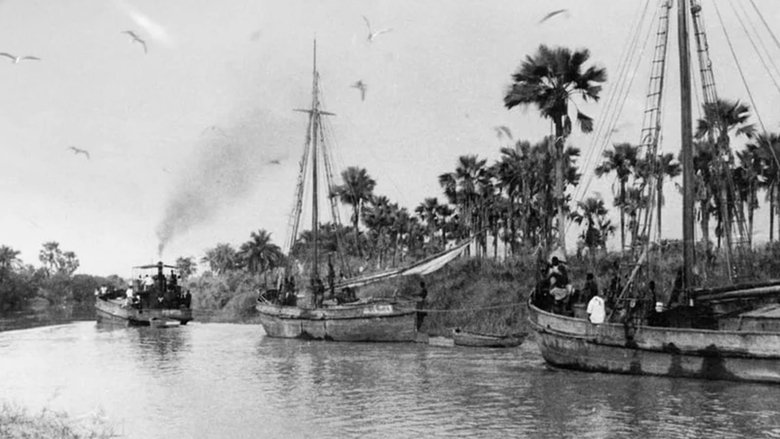
Time to Change (2024)
Angolan director and screenwriter Pocas Pascoal reminds us that it’s time for a change, proposing through this film a look at colonialism, capitalism, and their impact on global biodiversity. We observe that the destruction of the ecosystem goes back a long way and is already underway through land exploitation, big game hunting, and the exploitation of man by man.
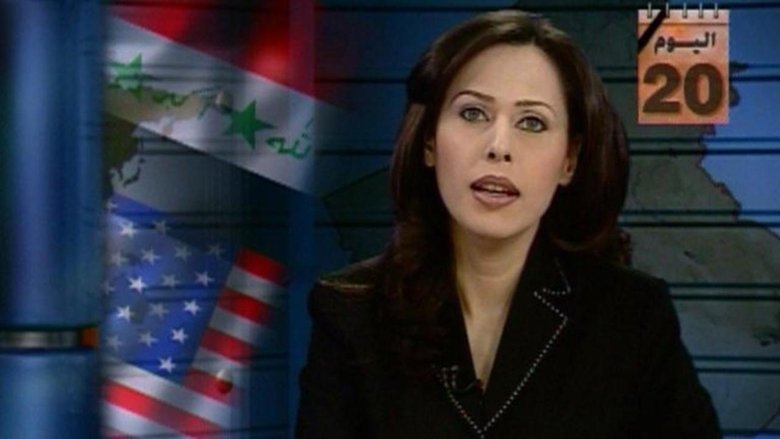
Control Room (2004)
A chronicle which provides a rare window into the international perception of the Iraq War, courtesy of Al Jazeera, the Arab world's most popular news outlet. Roundly criticized by Cabinet members and Pentagon officials for reporting with a pro-Iraqi bias, and strongly condemned for frequently airing civilian causalities as well as footage of American POWs, the station has revealed (and continues to show the world) everything about the Iraq War that the Bush administration did not want it to see.
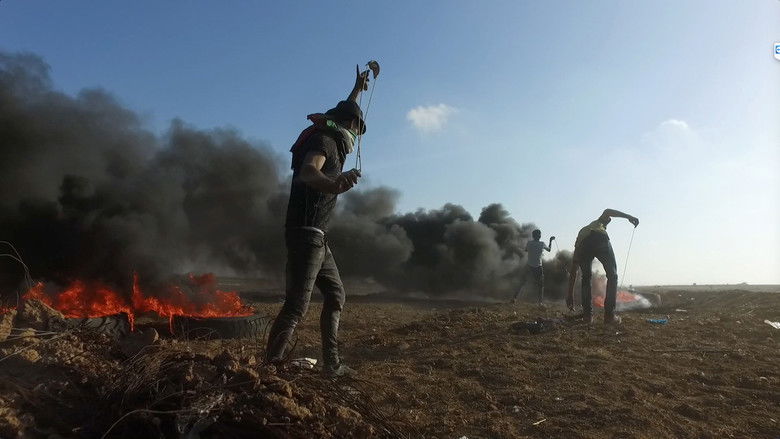
Gaza Fights for Freedom (2019)
Gaza Fights for Freedom depicts the ongoing Great March of Return protests in the Gaza Strip, occupied Palestine, that began in 2018.
The world like a jewel in the hand: unlearning imperial plunder ii (2023)
This film travels over open books, looted objects and postcards to look for the imperial foundations of the world in which we live. Within this wide landscape the film focuses on the destruction of the Jewish Muslim world that existed in North Africa, making it imaginable and inhabitable again. Narrated in the first person, by an Algerian Jew and a Palestinian Jew, the film refuses imperial histories of those places. Objects held captive in museums and archives outside of the places from where they were looted are only the visible tip of the iceberg of the mass colonial plunder of Africa. The film explores the substantial wealth accumulated through the extraction of raw materials, labour, knowledge and skills, including the “visual wealth” attained by putting people in front of the colonisers’ cameras.
Gdud A'liyah
The long lasting Palestinian-Israeli conflict has created appaling phenomenons that have horrified the Israeli society. the "politically conscience-refusals" or those individual soldiers refusing to fight in the occupied territories, are one of those phenomenons. In opposition to them stand a thousand immigrants from the former Soviet Union, ex-military men from the Red Army, who yearn to be recruited into the IDF and fight for Israel, but who are denied the right to serve in the army. Through the stories of Oleg and Alex, immigrants and the battalion's charismatic commanders, the story of the Russkii Battalion is told. It is a story of contrasts between the hardships of the daily struggles they face as new immigrants against the pride and the sense of belonging they find in the battalion. The Russkii Battalion is a film about a militaristic social bubble, in a country that is in constant war.